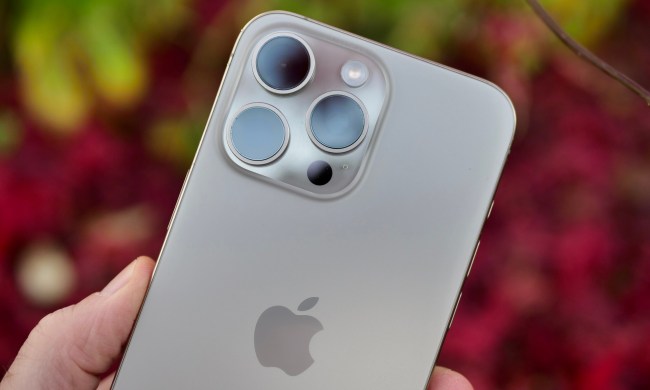Apple is coming under fire in the European Union over its use of NFC in iPhones. The company debuted the feature with the iPhone 6, but restricted its use to enabling Apple Pay’s mobile payment feature. The EU is reportedly preparing to file charges over this, with the intent of forcing Apple to open up its NFC chip to third parties, according to a Reuters report.
Mobile payments are an essential part of how modern smartphones are used, with both Google and Apple leading the charge on their respective mobile operating systems. While Android allows for some third-party integration — Samsung Pay comes to mind — Apple locks the use of NFC to its own Apple Pay solution. Not only does this mean that third-party payment providers can’t operate on iPhones, but NFC capabilities like quick sharing effectively don’t exist on the iPhone.

According to the report, the EU plans to prepare a charge sheet (known as a statement of objections) for Apple as early as next year, focusing primarily on that NFC limitation. The charge sheet comes after an investigation into the effect of Apple’s restrictions on both
European Commission Executive Vice-President Margrethe Vestager, who is in charge of competition policy, opened an investigation into Apple Pay earlier this year, saying: “Mobile payment solutions are rapidly gaining acceptance among users of mobile devices, facilitating payments both online and in physical stores. This growth is accelerated by the coronavirus crisis, with increasing online payments and contactless payments in stores. It appears that Apple sets the conditions on how Apple Pay should be used in merchants’ apps and websites. It also reserves the ‘tap and go’ functionality of iPhones to Apple Pay. It is important that Apple’s measures do not deny consumers the benefits of new payment technologies, including better choice, quality, innovation and competitive prices. I have therefore decided to take a close look at Apple’s practices regarding Apple Pay and their impact on competition.”
Apple has recently faced down antitrust suits over the App Store, including one in Japan where the company was forced to allow developers to link outside their apps. With regulation against large tech companies on the rise, the company can expect to face more scrutiny in the coming months, even after its semi-victory over Epic Games.



